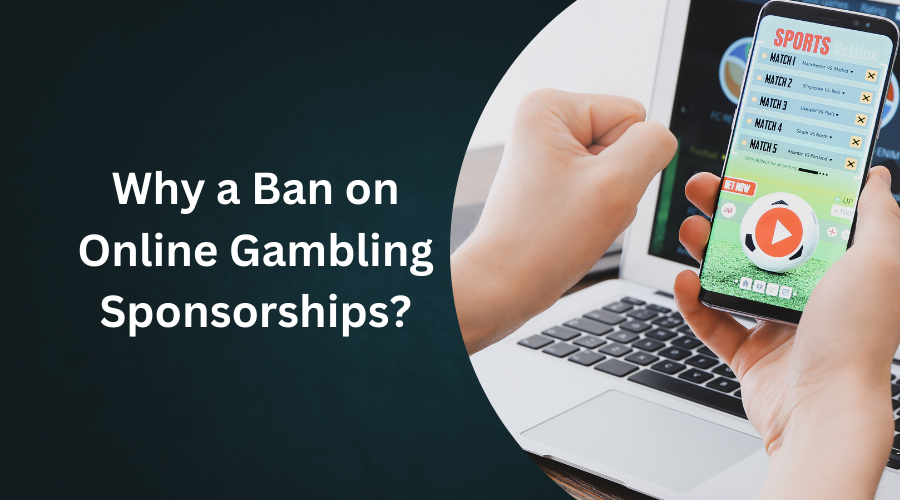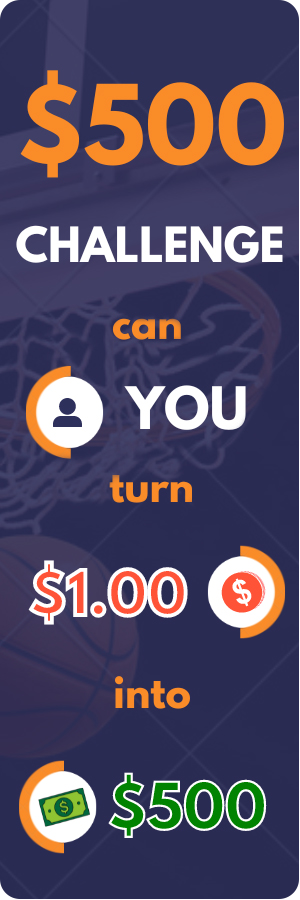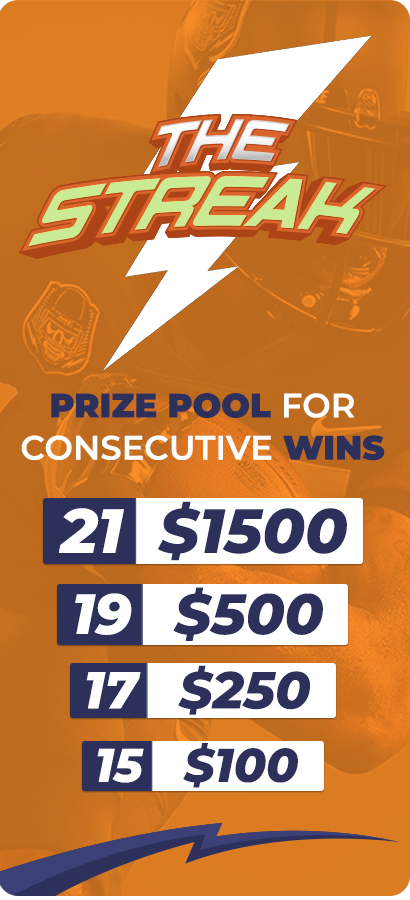Why a Ban on Online Gambling Sponsorships?

The online gambling sector has experienced remarkable growth following the legalization of such activities in the Netherlands on October 1, 2021. This expansion was intended to move gambling away from illegal operators and ensure greater oversight, enabling the government to protect vulnerable bettors. With the legal market thriving, football clubs capitalized on the opportunity to partner with licensed online casinos and sports betting platforms, gaining substantial revenues.
Despite the initial success, policymakers grew increasingly concerned about the broader societal impact. Critics argued that these sponsorships exposed younger audiences to gambling promotions and normalized betting behavior. Given that sports broadcasts reach millions of viewers, including adolescents and young adults under 24, the risk of influencing at-risk individuals was deemed too significant to ignore. The government concluded that restricting advertising and sponsorship in sports was a necessary step toward harm reduction.

200% Bonus - Reduced Juice

$250 in Free Bets

$750 Bonus - Tons of Betting Options
Consequently, the ban on targeted and untargeted advertising from online gambling companies extended to sports sponsorships. The overarching goal is to minimize exposure, protect those prone to addiction, and combat any normalization of gambling. Yet, in taking this step, lawmakers have set off a wave of concern among clubs and organizations that have come to depend on these sponsorships as critical revenue streams. This sets the stage for debates about alternative funding, market regulation, and the future competitive standing of Dutch football.
THE FINANCIAL TOLL ON FOOTBALL CLUBS
The Dutch Eredivisie and Eerste Divisie have not been subtle about the likely fallout from the ban. An estimated 40 million euros in direct losses is expected due to the removal of online gambling sponsorship, alongside an additional 30 million euros in indirect damage, including evaporating advertising deals with media partners. Many clubs worry that this combined 70-million-euro shortfall will eat directly into budgets that would otherwise go toward stadium improvements, youth academies, and player acquisitions.
Several clubs have significantly augmented their finances through partnerships with newly legalized gambling brands. For instance, staggering one-year or multi-year deals provided stable revenue to smaller teams, boosting their competitiveness and helping them retain top talent. Without this influx, they may need to reduce squad sizes, limit stadium renovations, or rely on other precarious funding sources. In a league already overshadowed financially by Europe’s top competitions, any decline in commercial appeal could further widen the gap.
Beyond the top-tier leagues, smaller clubs have fewer means to compensate for lost sponsorship revenue. Television deals typically favor the more popular teams, leaving less popular clubs reliant on every additional euro they can secure. This reality means that while big clubs may endure the ban, smaller enterprises could face severe hardships. Consequently, the Dutch football pyramid risks destabilization—something both fans and league organizers are eager to prevent.
SURGING POPULARITY OF ONLINE GAMBLING
Since the legalization of online gambling in 2021, participation has risen significantly. This rise may seem alarming at first, but it is also partly the result of moving existing bettors from the illegal sphere into a regulated environment. The government intended to create a safer framework, enforce responsible gambling measures, and collect taxes that could be reinvested in prevention, awareness, and care for individuals at risk of gambling addiction.
With streamlined registration processes and the proliferation of mobile betting apps, Dutch gamblers found it easier than ever to place a wager. This convenience, coupled with high-profile marketing campaigns from online casinos, boosted awareness. In football, specifically, fans who already enjoy the thrill of the game found added excitement with the possibility of small stakes on match outcomes. Such broad accessibility contributed to the wave of new sponsorship deals flooding clubs, as companies saw huge opportunities for brand exposure.
Critics argue that the sudden opening of the market occurred without enough protective measures. Although some regulations do limit direct marketing to individuals under 24, these watchers suggest it can be challenging to enforce these restrictions in practice. As a result, the government’s subsequent shift from lightly regulated sponsorships to a total ban in sports may reflect a desire to plug what they see as a loophole in protecting vulnerable populations from overt gambling marketing.
Chat 
Rules
The goal of chat is to talk sports and sports betting! Help each other by sharing picks and having a good time!
Below will not be tolerated
You can chat about most things to a certain extent. Exception is absolutely NO talking about Religion or Politics.
- There will be NO talking about others or their families
- There will be NO name calling.
- There will be NO rambling on or repeating the same thing over and over.
- There will be NO racist or sexist comments.
- There will be NO posting of other websites.
Basically treat others the way you would like to be treated.
Break the rules

- 1st warning a 24 hour ban
- 2nd warning 7 day ban
- 3rd warning a lifetime ban




